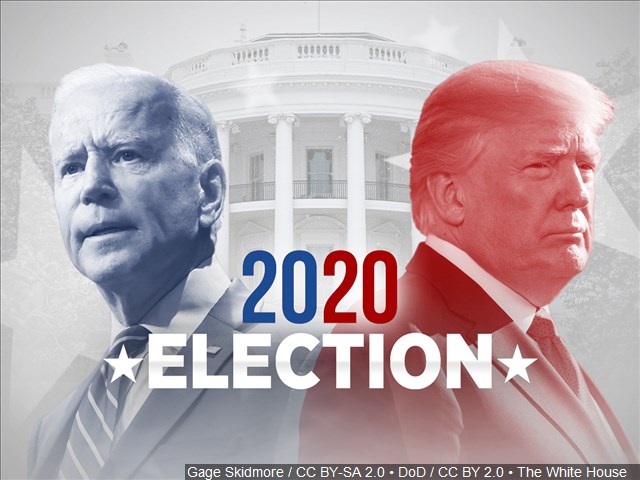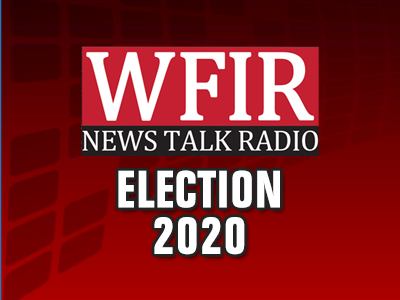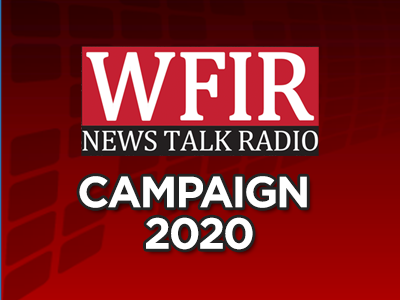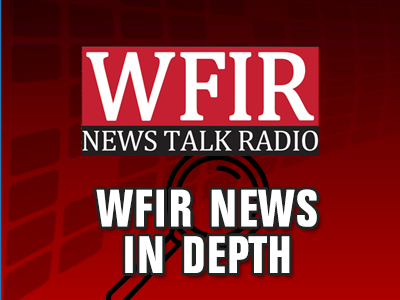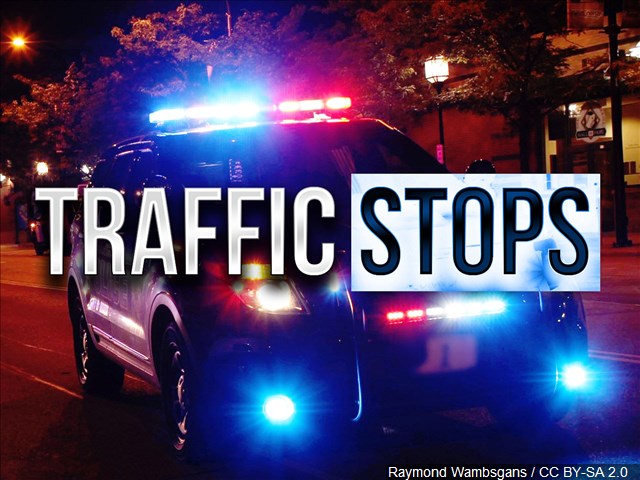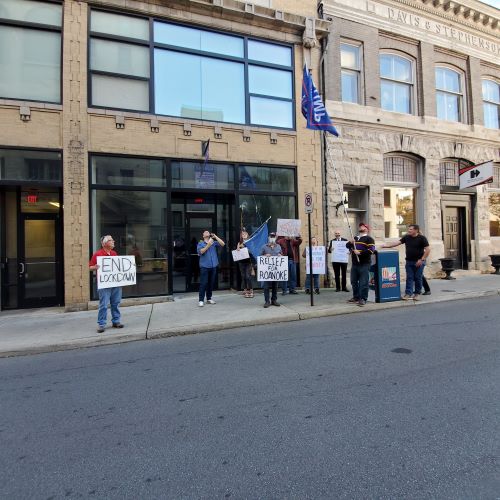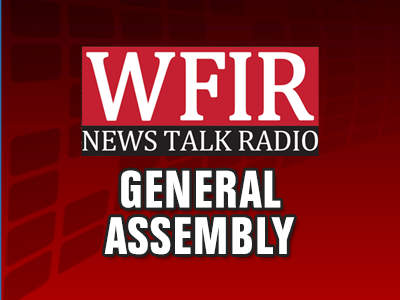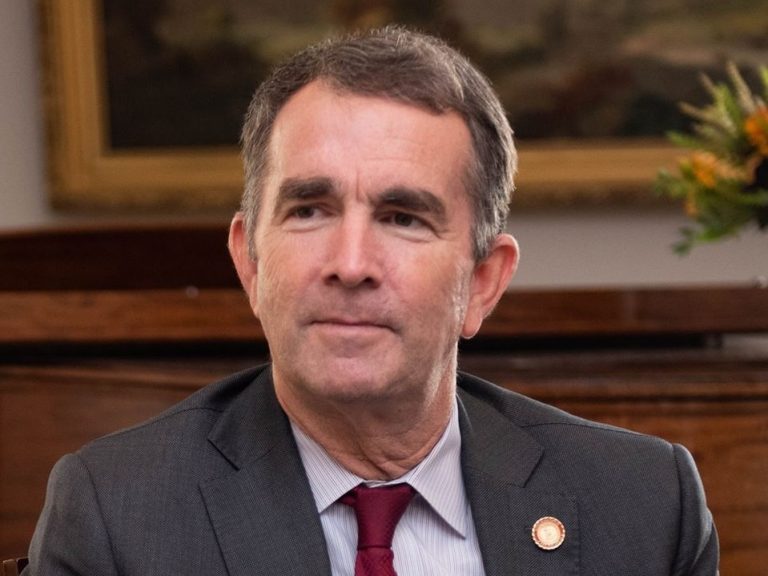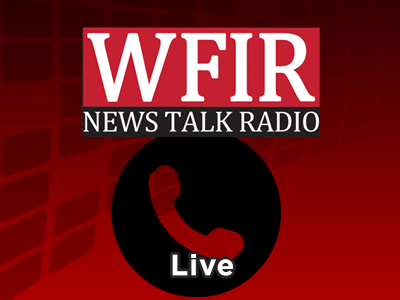An area political analyst weighs in on the accuracy of Presidential polls ahead of election day. WFIR’s...
State and National Government
There are two Virginia Constitutional Amendments on the ballot, and one of them has the potential to...
A new statewide poll shows Joe Biden holding a 12-pointlead over President Donald Trump in Virginia, and...
U.S. Senator Mark Warner is seeking a third term in next week’s election, facing a challenge from...
As of today we are one week away from the final day Americans can vote for President....
(from ABC News) Five individuals in Vice President Mike Pence’s orbit have tested positive for the coronavirus, including...
We are down to the final week and a half before election day arrives, and WFIR Political...
The Democrat running to represent Virginia’s 5th Congressional district says if elected he will put people over...
RICHMOND, Va. (AP) — Virginia Gov. Ralph Northam declined to sign into law a measure designed to...
Roanoke Democratic delegate Sam Rasoul has filed the paperwork and will explore a run for Lt. Governor...
With several votes expected in the US Senate over the next few days on COVID relief bills,...
RICHMOND, Va. (AP) — Much like the presidential contest, the U.S. Senate race in Virginia has been...
RICHMOND, Va. (AP) — Virginia lawmakers all but wrapped up a special legislative session Friday by approving...
On his return to the office today following an 18-day quarantine after testing positive for COVID-19, Governor...
U.S. Senator Mark Warner was live on WFIR this morning – where among other things the former...

